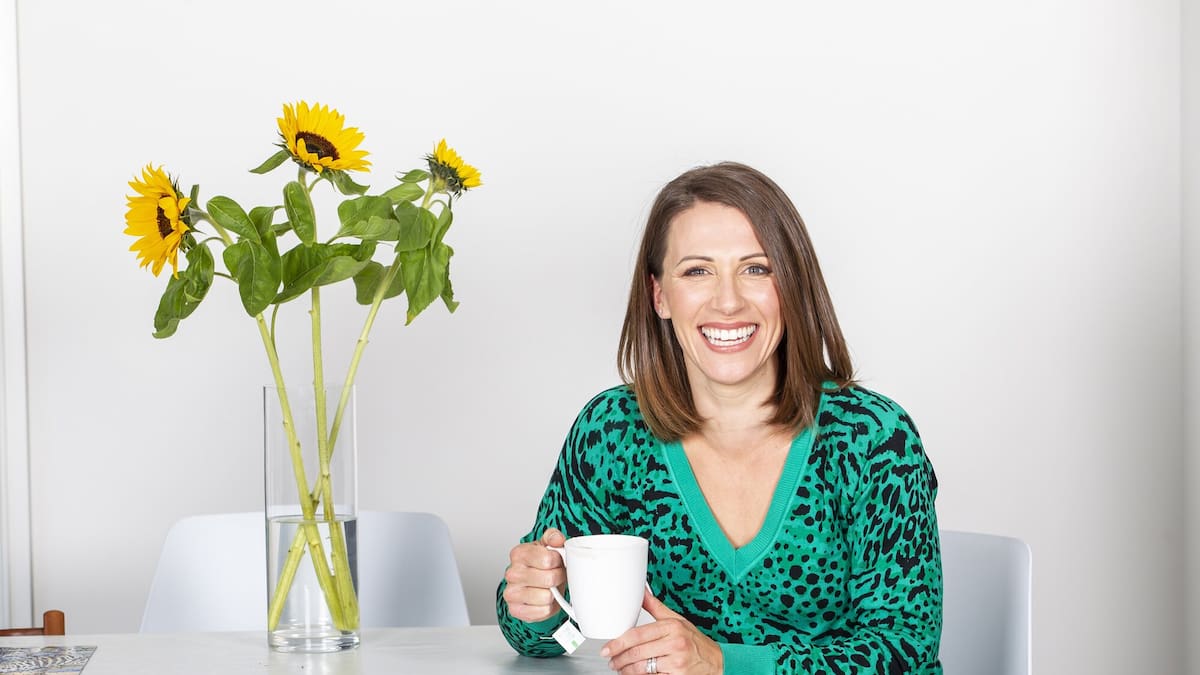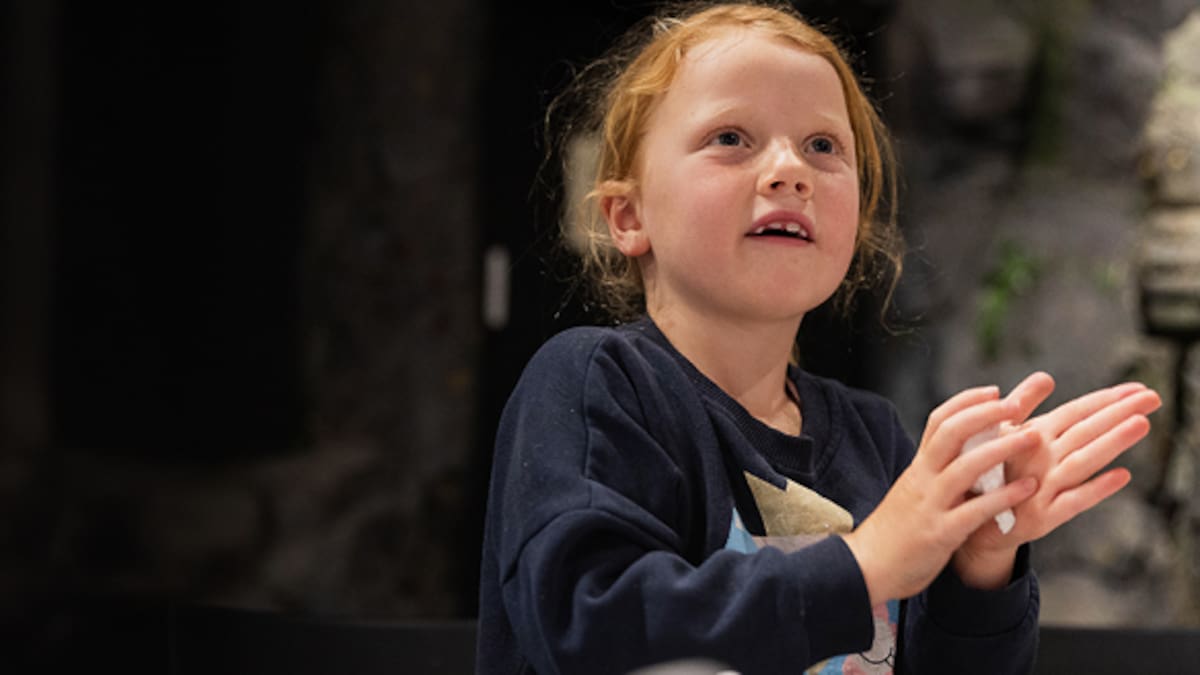Growing up, I watched my mum go on and off diets and, at about the age of 9, after being called chubby by my dance teacher, I picked up one of my mum’s diet books and started following the rules myself – counting calories and avoiding anything with fat because “low-fat” was all the rage back then.
What started as a way to gain control in a difficult time – being bullied and struggling to make friends – quickly spiralled. I found myself caught in a painful cycle of restriction and bingeing. I’d eat almost nothing one day, then lose control and binge on cereal, Nutella and ice cream.
Things got so bad that I reached a point where I planned to end my life. Fortunately, a friend intervened. I started antidepressants at 19, finished university, and made the big decision to move to New Zealand. I hoped a fresh start would fix things, but my problems followed me, and I needed to find a better way to manage what I was dealing with.
Since that point, I have been on a wild journey of self-discovery and have fully immersed myself in the study and exploration of what it is that makes us who we are, and why we eat and behave the way we do. What I have learnt on this journey is what I share in my new book End Your Fight with Food.
Here are some of the key things I learnt to help you get started:
What is driving your choices?
There are many reasons why we eat and drink that have nothing to do with needing food or wanting a drink. It’s so common to eat when we are bored, tired, angry, frustrated or feeling lonely. Alcohol is also a reward that we turn to when something goes well, or just as a result of getting through the milestone of completing another day of life and walking through the door after work. In my book, I aim to help you work through all the reasons why you eat and drink when you do, to reprogramme your habits so you can get things back on track without needing to follow a strict diet or give up all the foods you love.
Permission to eat
Diet culture has convinced us that we need to restrict, avoid, and follow strict rules to be healthy. That is so far from the truth. We should focus on eating to nourish body and mind, with an emphasis on what to “add in” rather than what to cut out.

Honour hunger and fullness
Many of us were raised to finish everything on our plates, even when we weren’t hungry, which can create a disconnection from our natural hunger and fullness signals. Learning to recognise and respect these signals is a crucial step towards a healthier relationship with food.
Access and environment matter
We are far more likely to choose the first thing we see or the easiest option. If healthy choices are easily accessible – like having veggies prepped or gym gear ready – we’re more likely to make them.
It’s about more than just food
True wellbeing goes beyond what’s on your plate. Sleep, movement, stress management, and a sense of meaning and purpose all play a role. As does having a connection to other people. In my work, I use a “Wheel of Wellbeing” – a framework for finding balance in every area of life to help keep well in our busy modern world.
Poor sleep impacts everything
When you are tired, it’s harder to regulate your appetite and your emotions. You’re also more likely to crave sugar and salty foods. Sleep deprivation drives the stress cycle and makes everything harder.
How you talk to yourself matters
You will never hear another voice more than you hear your own “inner voice”. If that voice is critical and harsh, it can fuel destructive patterns with food and beyond. Learning to change that inner dialogue is a powerful step and an essential part of the process of building a healthier relationship with food and yourself.
Life is too short to spend another day at war with yourself.
Claire Turnbull is a registered nutritionist with a diploma in positive psychology. She is the founder of Mission Nutrition and the author of two previous books on wellbeing. Her new book, End Your Fight with Food: How to Change Your Eating Habits for Good, is published by Allen & Unwin, RRP $36.99.






